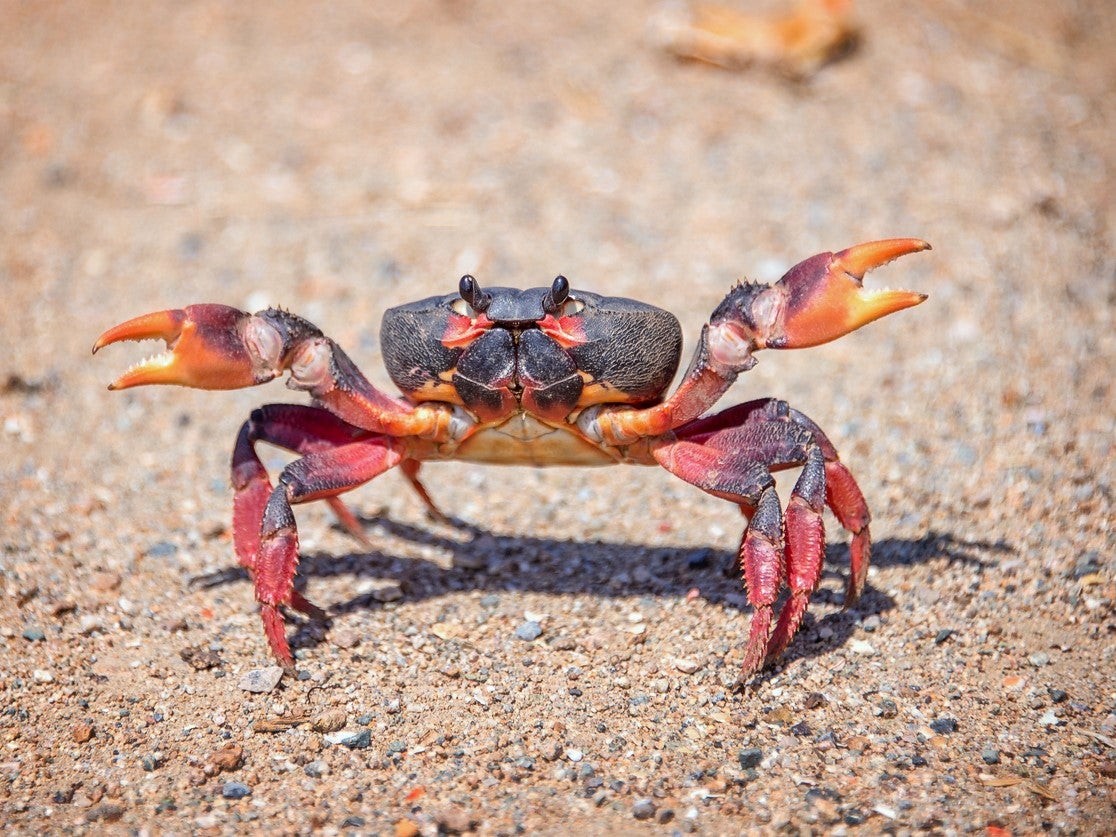Scientists turn crabs into biodegradable batteries
Zinc-chitosan battery retains an energy efficiency of 99.7 per cent after 1,000 charge cycles

Scientists have created a novel type of biodegradable battery made from the shells of crabs, which they claim is a viable option for storing power from large-scale wind and solar sources.
A team from the University of Maryland in the US discovered that the electrolyte for a zinc battery could be made using chitosan, a derivative of the product chitin. This material is found in everything from fungi to squids, but the most abundant source is the exoskeleton of crustaceans and is easily obtained from seafood waste.
Using chitosan for the electrolyte means roughly two thirds of the battery can be broken down by microbes within just a few months.
“Vast quantities of batteries are being produced and consumed, raising the possibility of environmental problems,” said Professor Liangbing Hu, director of the University of Maryland’s Centre for Materials Innovation, who led the research.
“[Materials] used in lithium-ion batteries take hundreds of thousands of years to degrade and add to the environmental burden.”
The zinc battery also offers a cheaper and more sustainable alternative to the lithium-ion batteries currently used in everything from smartphones to electric cars.
Zinc is far more abundant than lithium in the Earth’s crust, though it is not currently as efficient as lithium when used in batteries.
According to the researchers, the new zinc and chitosan battery retains an energy efficiency of 99.7 per cent after 1,000 charge cycles, making it a suitable alternative for commercial use.
“In the future, I hope all components in batteries are biodegradable,” Professor Hu said.
“Not only the material itself, but also the fabrication process of biomaterials.”
A study detailing the research, called ‘A sustainable chitosan-zinc electrolyte for high-rate zinc metal batteries’, was published in the scientific journal Matter on Thursday.
Join our commenting forum
Join thought-provoking conversations, follow other Independent readers and see their replies
Comments
Bookmark popover
Removed from bookmarks